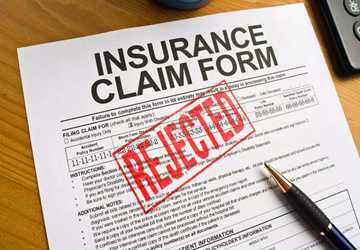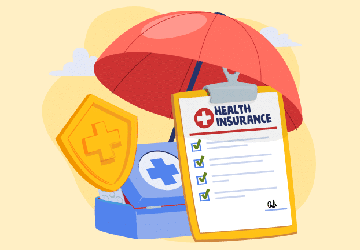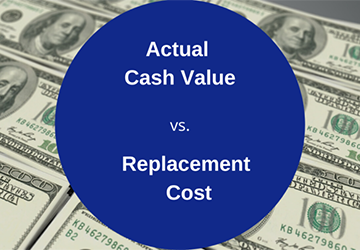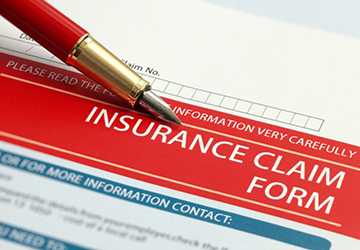11 Essential Insurance Terms Every Policyholder Should Know
Learning about insurance can be challenging, especially if this is your first time buying insurance.
However, if you understand the most important insurance conditions, you can make an informed decision and understand the intricacies of the policy.
In this blog post, we provide a glossary of 11 key insurance terms that every policyholder should be familiar with.
Familiarity with these terms will give you a clearer understanding of the various aspects that make up your coverage.
So let’s dig into these important terms and deepen your understanding of insurance in simple terms.
11 Basic conditions of insurance for each policyholder
Here are 11 essential insurance terms every policyholder should know:
1. Actual cash value
The term Actual Cash Value (ACV) indicates the current value of your insured property when your property needs to be replaced under insurance.
ACV takes into account factors such as depreciation and reflects gradual depreciation over time. It's worth noting that ACV is usually less than replacement cost, the total amount needed to fully replace the property.

Second evaluation
Appraisal is the process of determining the value of a particular property, such as a car, a house, or valuables such as jewelry or art. Various factors have been considered, including any damage that may have occurred.
Appraisals are beneficial to both policyholders and insurance companies as they provide an accurate estimate of the property's value, thereby ensuring adequate coverage.
3. Claims
When the policyholder asks the insurance company for money to cover losses, it is called an insurance claim.
This occurs when a policyholder reports a loss due to an insured event and requests financial assistance to cover related expenses.
4. Conditions of Insurance
The terms of the contract define the obligations and responsibilities of both the policyholder and the insurance company. This section of the policy explains the responsibilities and expectations of each individual involved.
5. Activities covered
An insured event is an event that results in damage to or loss of insured property covered by your insurance policy. Be sure to check your policy to see which specific events are covered and which are not.
6. Overdose
If you make a claim for damage covered by your insurance, you must pay a certain amount before the policy will start paying the rest. The first payment is called the deductible.
A deductible can be a fixed amount specified in the policy or a percentage of the total bill.
7. Endorsement
An addendum is like an extra protection plan that you add to your main policy to make it even better.
It can increase coverage limits or protect you from other types of events not covered by the basic policy. Recommendations are sometimes referred to as "additional items," "additional items," or "floating items."

8. Exclusion
Consider a situation where your insurance plan includes a unique policy called an "exclusion." This disclaimer provides specific circumstances under which you may not be able to receive financial assistance in the event of an unfortunate event.
These exclusions may include certain hazards, hazards or events that your policy does not cover. To avoid unexpected coverage gaps, it's important to understand the exclusions listed in your policy.
9. Dangerous
Danger is something that happens that increases the likelihood that something bad will happen. Insurance companies consider various potential risks when setting premiums.
For example, living in an area with high crime rates may result in higher auto insurance premiums, while having a swimming pool may result in higher homeowners insurance premiums.
10. Insurance Agency
Insurance agencies refer to companies or individuals authorized by insurance companies to sell insurance policies. These agencies connect individuals seeking insurance with companies that sell it.
An independent insurance agent offers policies from multiple insurance companies, while a sole agent represents only one insurance company.
11. Insurance companies
An insurance company is an entity that sells and underwrites insurance policies. When you buy insurance, you pay the company a premium and, in the event of a claim, submit the claim to the company for processing.
Enrich yourself with insurance knowledge
Understanding insurance doesn't have to feel like an impossible puzzle or a mess of jargon.
By taking the time to familiarize yourself with these important insurance terms, you'll gain the knowledge and confidence to navigate the world of insurance and make informed decisions to protect yourself.
Remember, understanding insurance terminology is key to keeping your assets safe and protected.
So arm yourself with knowledge and take control of your insurance travel today.





